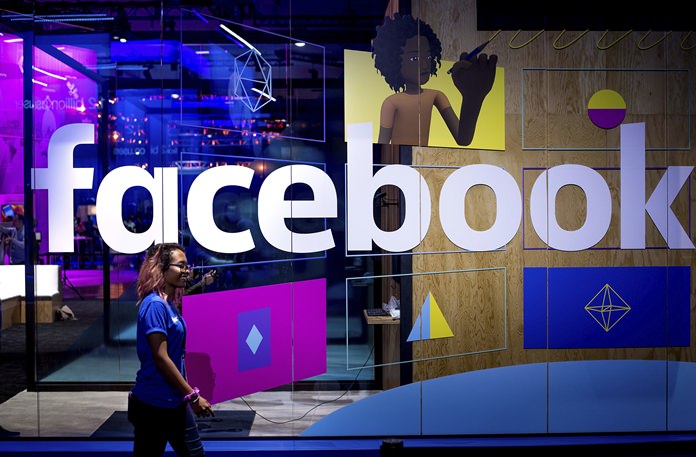
New York (AP) – To Mark Zuckerberg, fixing Facebook means many things – protecting users from abuse, preventing elections meddling from malicious actors, weeding out fake news and “making sure time spent on Facebook is well spent.”
 To critics, it’s all that and then some. But many of the steps Facebook has taken so far strike them as insufficient, and in some cases aimed as much at keeping people glued to the service down the line as at really addressing Facebook’s underlying problems.
To critics, it’s all that and then some. But many of the steps Facebook has taken so far strike them as insufficient, and in some cases aimed as much at keeping people glued to the service down the line as at really addressing Facebook’s underlying problems.
Zuckerberg, who publicly sets himself a “personal challenge” every year, is this year focused on “fixing Facebook.”
But fixing Facebook, critics say, should also involve making it less addictive and its business model less dependent on as many people logging in as often and for as long as possible. And it’s definitely not about creating new products for younger kids who can’t use its flagship platform, particularly amid all the worries about Facebook’s effects on the health of adults and teens.
The company has already announced a slew of new “fixes.” It’s just far from clear if these tweaks will produce lasting change, or if they’re merely cosmetic adjustments designed to generate goodwill while also keeping Facebook’s business strong.
Earlier this month, for instance, Facebook said that it would show users more posts from friends and family that it deems “meaningful,” while deemphasizing posts from publishers and businesses. The move did not affect paid advertising on the site, and it follows Zuckerberg’s declaration last year that Facebook would focus on helping users find “meaningful” online groups.
Much of that, said eMarketer analyst Debra Aho Williamson, is about “making Facebook a happier place for users.” Even though Facebook warned that its changes might result in people spending less time with it, she suspects the company really hopes users will stick around longer.
While Facebook enjoyed strong revenue, profit and all-time stock highs in 2017, there are signs that users – for whatever reason – may be pulling back from the service. According to comScore, Facebook visitor spent an average of 910 minutes on the platform in December 2017. That’s down from 974 minutes in December 2016 and from 1050 minutes in the same month in 2015.
At least some of this pullback might be by design, and it might be temporary. On Wednesday, Zuckerberg said the company’s work to encourage “meaningful connections” has already reduced total time spent on Facebook by “roughly 50 million hours every day.” Divided across Facebook’s 1.4 billion daily active users, that’s about two minutes a day.
He added that the changes will make Facebook’s community – and business – “stronger over the long term.” Zuckerberg has previously said that it may take “months” for Facebook’s changes to make their way to users. Facebook had no immediate response to broader criticism of its strategy.
In the fourth quarter, the company said net income rose 20 percent on revenue that jumped 47 percent to $13 billion. Facebook saw a 14 percent increase in monthly users, to 2.13 billion; daily users also grew by 14 percent.
Facebook’s other recent fixes amount to somewhat murky efforts to boost the visibility of “trusted” news sources – as determined by two-question user surveys and Facebook’s vast trove of data on user behavior – and of local news.
Such changes are “not meaningful,” Marc Rotenberg, president of the nonprofit Electronic Privacy Information Center and longtime Facebook critic, said in an email. “Mark Zuckerberg will not solve the problems of Facebook by changing a few settings.”
Rotenberg would prefer Facebook to give users more control how their data is collected and to back efforts in Congress aimed at preventing foreign governments from influencing U.S. elections.
Like other social media companies, Facebook has said it will try to prevent election meddling and will require disclosure on political ads – but it’s been silent about proposed legislation that would require it to do so.
Some of its other steps are also half-measures. For instance, while it set up a page to let people see if they followed or “liked” Russia propaganda accounts, it is not notifying anyone proactively via email, the way Twitter is.
“Facebook’s recent changes do not address the threats to elections or public health,” said Roger McNamee, a venture capitalist and early Facebook investor who is now among the company’s most vocal critics, in an email.
“If the news feed changes had been made in 2015, they might have had the perverse effect of magnifying election interference,” McNamee said. “And you cannot cure addiction by doing more of the thing that got you addicted in the first place, which is what Zuck recommends,” he wrote.





